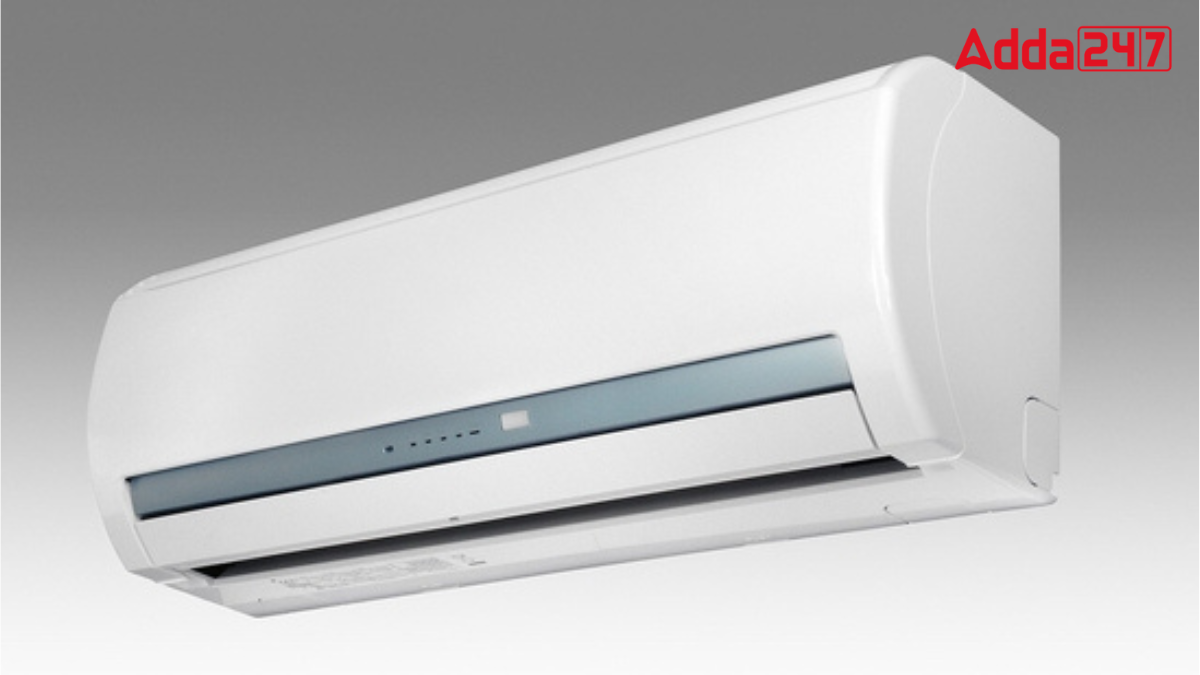The air conditioner, invented by Willis Haviland Carrier in 1902, revolutionized indoor climate control. Originally designed to regulate humidity in a New York printing plant, Carrier’s innovation not only cooled the air but also laid the foundation for modern HVAC systems. This breakthrough has profoundly impacted living and working conditions worldwide, enhancing comfort and productivity across various industries and everyday environments.
Inventor of the Air Conditioner
The modern air conditioner owes its existence to Willis Haviland Carrier, an American engineer. In 1902, Carrier invented the first modern air conditioner while solving a humidity control issue at a Brooklyn printing plant. His system used mechanical refrigeration principles, cooling air through coils filled with cold water and effectively controlling room humidity.
Development of the First Air Conditioner
By 1933, Carrier’s innovations had evolved into the first commercially viable air conditioner. This device featured a belt-driven condensing unit, blower, mechanical controls, and evaporator coil, setting the standard for air-cooling systems in the United States.
Technological Advancements and Energy Efficiency
Today’s air conditioners build upon Carrier’s foundational work, integrating advancements such as vapor compression technology, electronic sensors, and advanced materials. These innovations have significantly enhanced energy efficiency, complying with stringent standards set by the U.S. Department of Energy. Models like Carrier’s Infinity series exemplify this progress, boasting features like two-stage compressors for quieter and more energy-efficient operation.
Smart Technologies of the Air Conditioners
In addition to improved efficiency, manufacturers are integrating smart technologies into air conditioning systems. Devices like the Trane ComfortLink II thermostat enable remote adjustment of settings via computers or web-enabled phones, offering enhanced control and energy savings. Future developments aim to interface these systems with national electric grids, optimizing energy consumption based on geographic and weather conditions.
About Willis Haviland Carrier
Willis Haviland Carrier was an American engineer renowned for inventing modern air conditioning. In 1902, he developed the first electrical air conditioning unit, revolutionizing climate control. His innovations led to the founding of Carrier Corporation in 1915, a pioneering company in HVAC systems, shaping the comfort and efficiency standards of indoor environments worldwide.




 Which District of Uttar Pradesh is known...
Which District of Uttar Pradesh is known...
 Which Mountain is known as the Stone Sen...
Which Mountain is known as the Stone Sen...
 Which River is known as the Lifeline of ...
Which River is known as the Lifeline of ...








